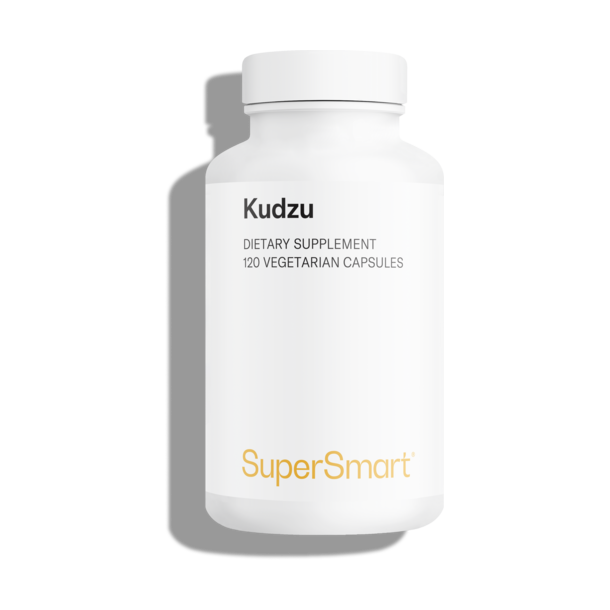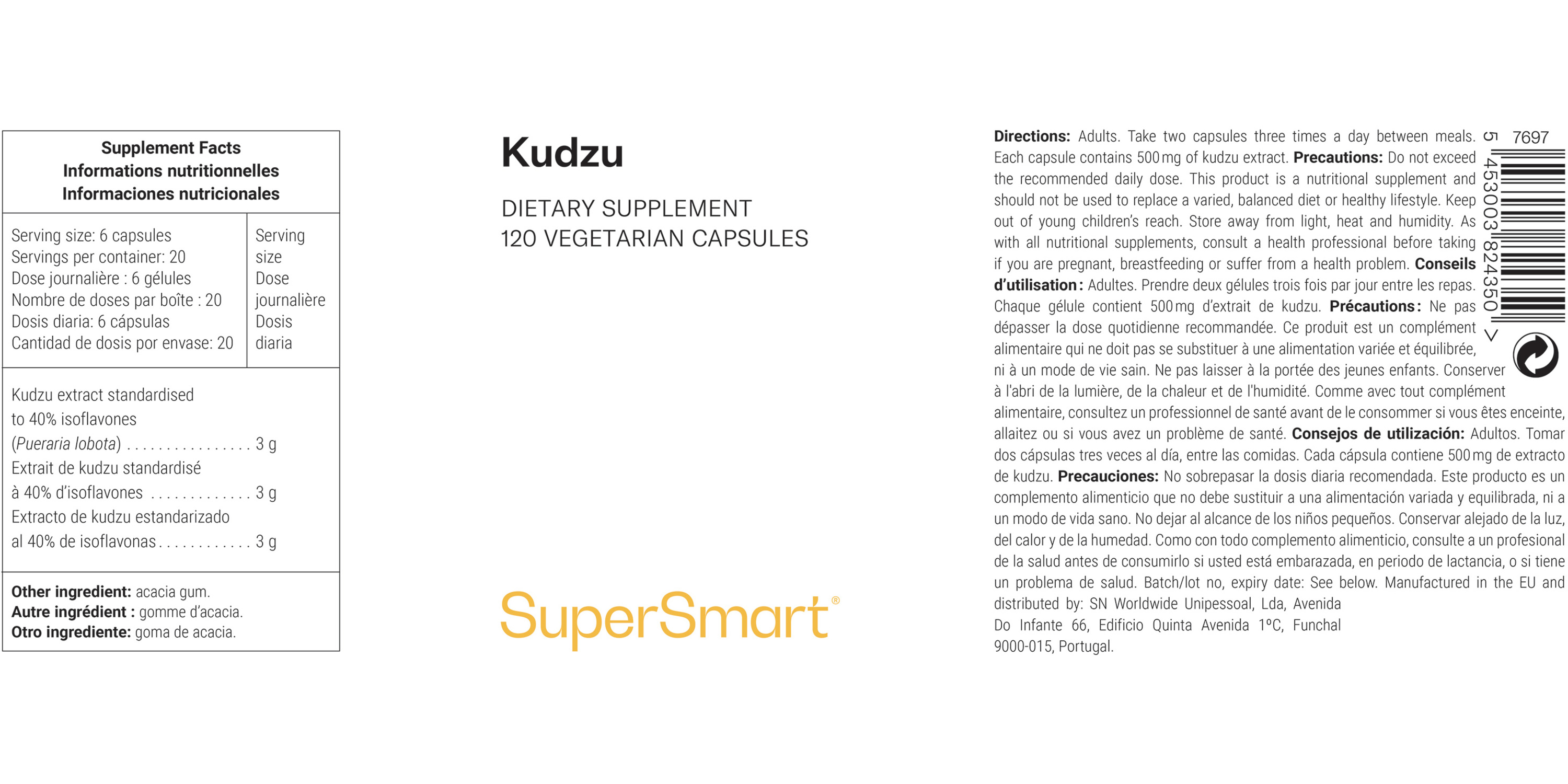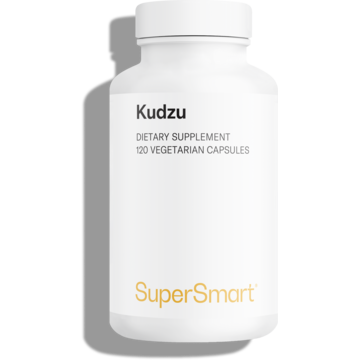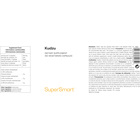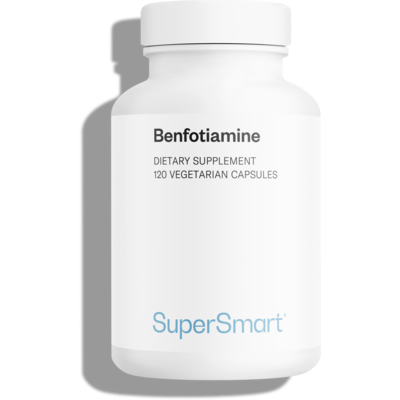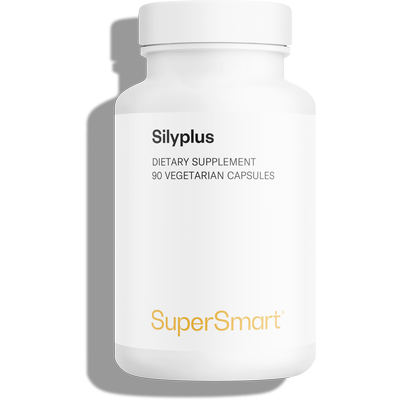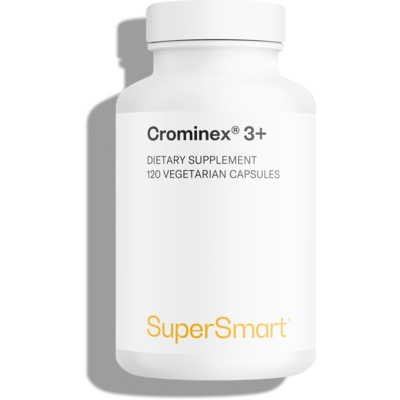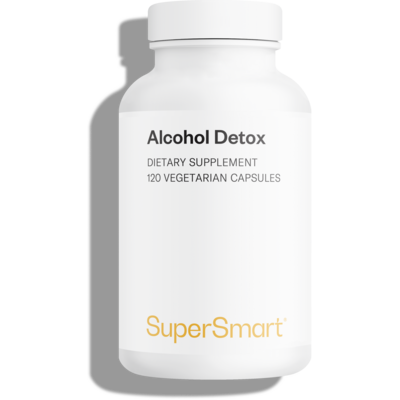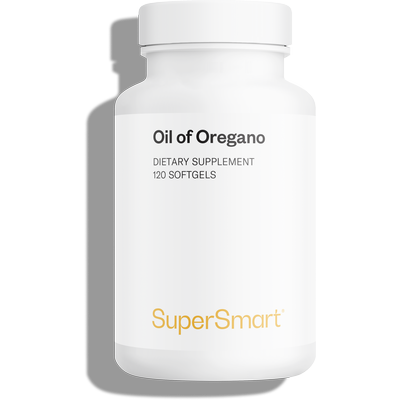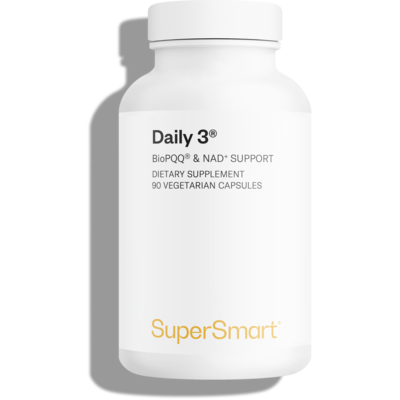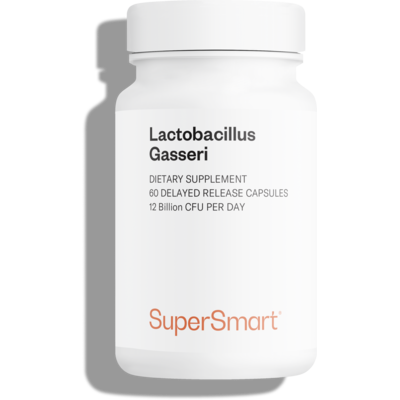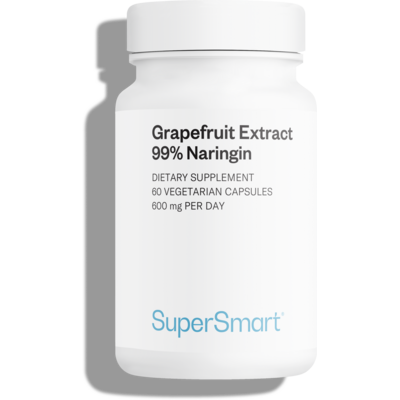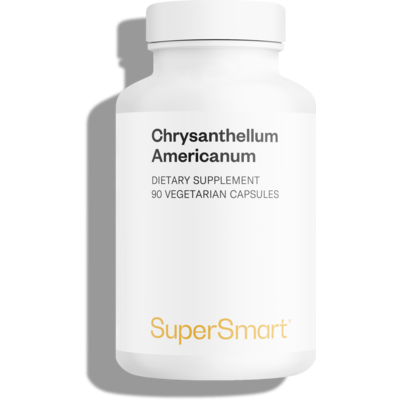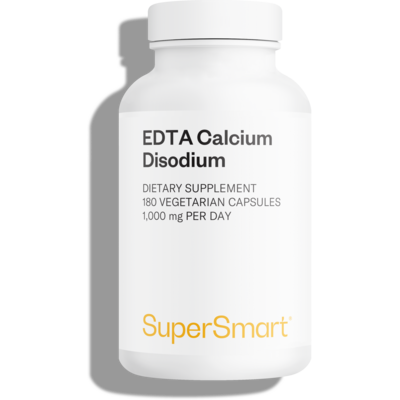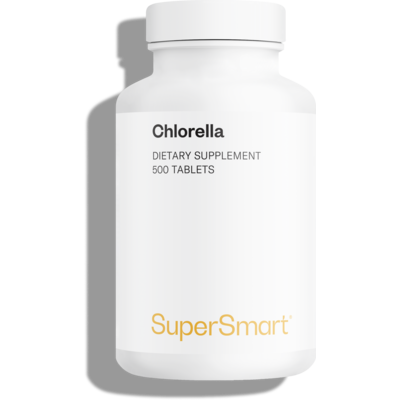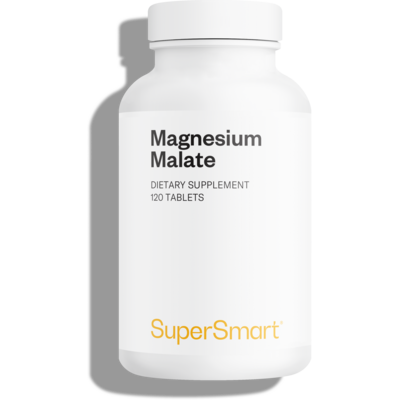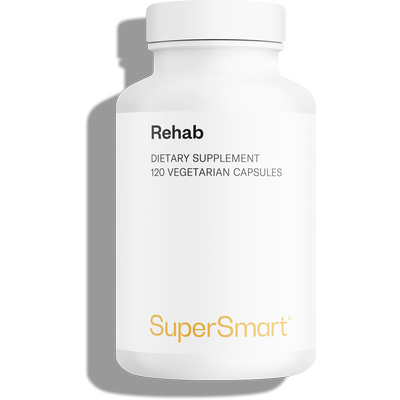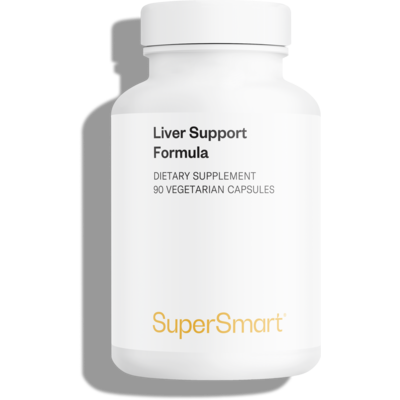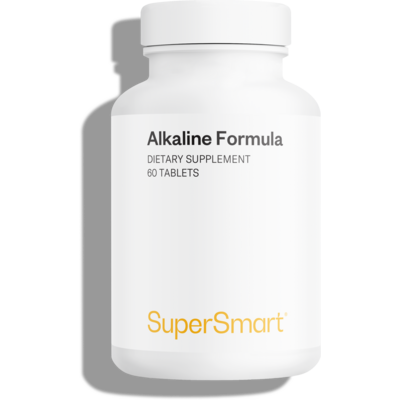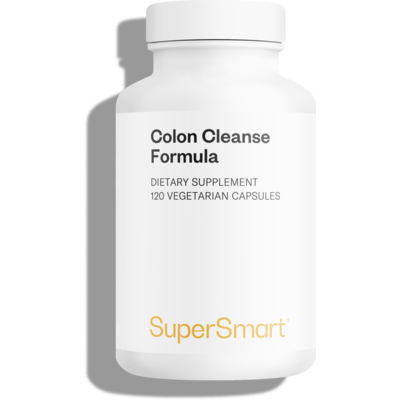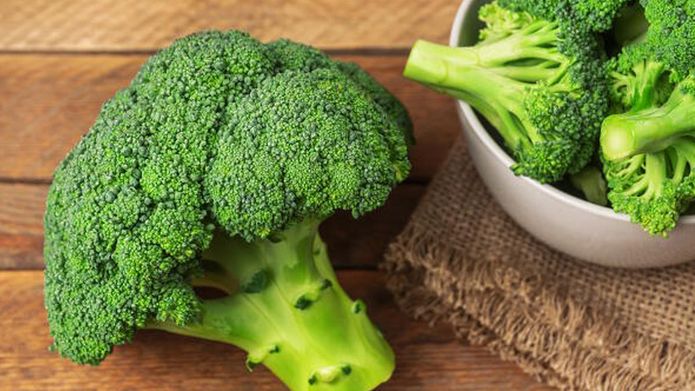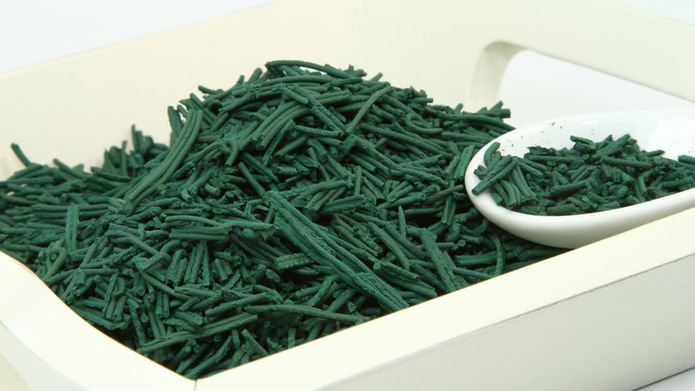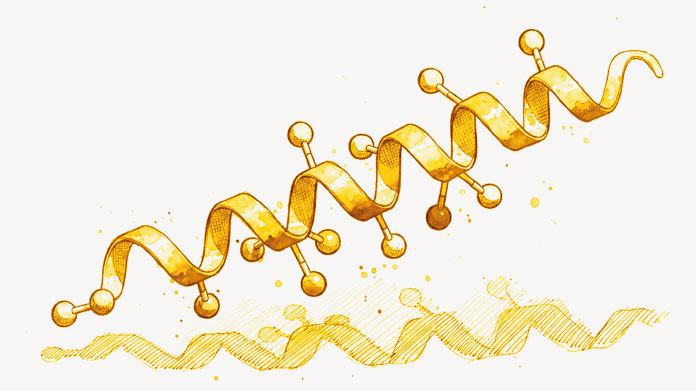
Kudzu Extract
Kudzu Extract Supplement to Support Alcohol Metabolism and Overall Wellness *
Create Your Offer
Our Kudzu supplement contains a kudzu root extract standardized to 40% isoflavones, delivered in vegetarian capsules. Kudzu is a botanical ingredient traditionally used in wellness practices and included here to support metabolic balance as part of a healthy lifestyle. Available from SuperSmart.*
Kudzu Root Overview
The root and flowers of kudzu have a long history of traditional use, particularly in East Asian wellness traditions. Today, kudzu root extract continues to be studied for its botanical composition and its potential role in supporting normal physiological processes related to metabolism and overall well-being.*
Kudzu root naturally contains isoflavones such as puerarin, daidzin, and daidzein. These plant compounds have been studied for their contribution to metabolic balance and general wellness when used as part of a balanced diet and healthy lifestyle.*
What Do Studies Explore About Kudzu Root Extract?
Kudzu root extract has been the subject of scientific research exploring its botanical properties and its interaction with normal metabolic pathways. Ongoing research focuses on understanding how kudzu’s naturally occurring compounds may support metabolic processes and overall physiological balance.*
- Has been studied for its role in supporting normal metabolic function.*
- Contains plant-based isoflavones that contribute to overall wellness.*
- Continues to be researched for its place in dietary supplementation.*
Important Considerations
As with any dietary supplement, individual responses may vary. Kudzu root extract is intended to be used as part of a balanced diet and healthy lifestyle and is not designed to diagnose, treat, cure, or prevent any disease.*
Individuals who are pregnant, nursing, taking medications, or managing health conditions should consult a qualified healthcare professional before use.*
It is recommended to follow the suggested use instructions on the product label and to discontinue use if any unexpected reactions occur.*
WARNINGS
Do not exceed the recommended daily dose. This product is a nutritional supplement and should not be used as a substitute for a varied and balanced diet or a healthy lifestyle.
STORAGE
Store in a cool, dry place away from direct sunlight, heat, and humidity. Keep out of reach of children.
PREGNANCY AND MEDICAL CONDITIONS
If you are pregnant, breastfeeding, or have any medical conditions, consult your healthcare provider before using this product.
SUPPLEMENT INTERACTIONS
Consult your healthcare provider before use, especially if you are taking any medications or other supplements as there may be potential interactions.
september 25 2024
INTERESTING QUALITIES ABOUT GLUCOSE.
december 24 2021
This worked for me the first time I took ot.
july 11 2021
This is the first product that has worked for my alcohol cravings.
Need Help?
Phone Number
+1 (786) 522-3907
From 9 am to 6 pm (EST)
Email Address
You May Also Like

